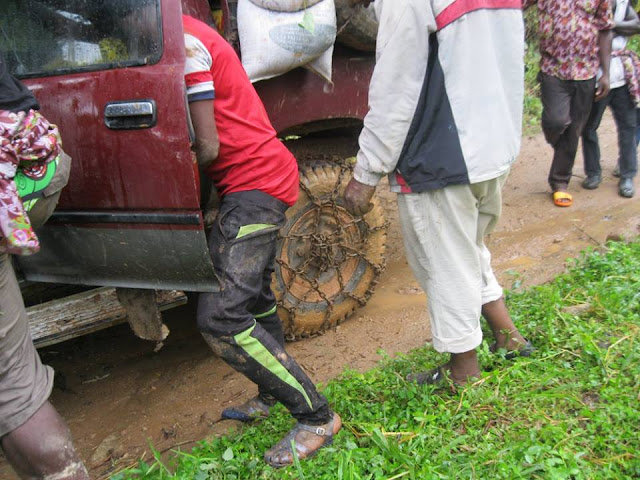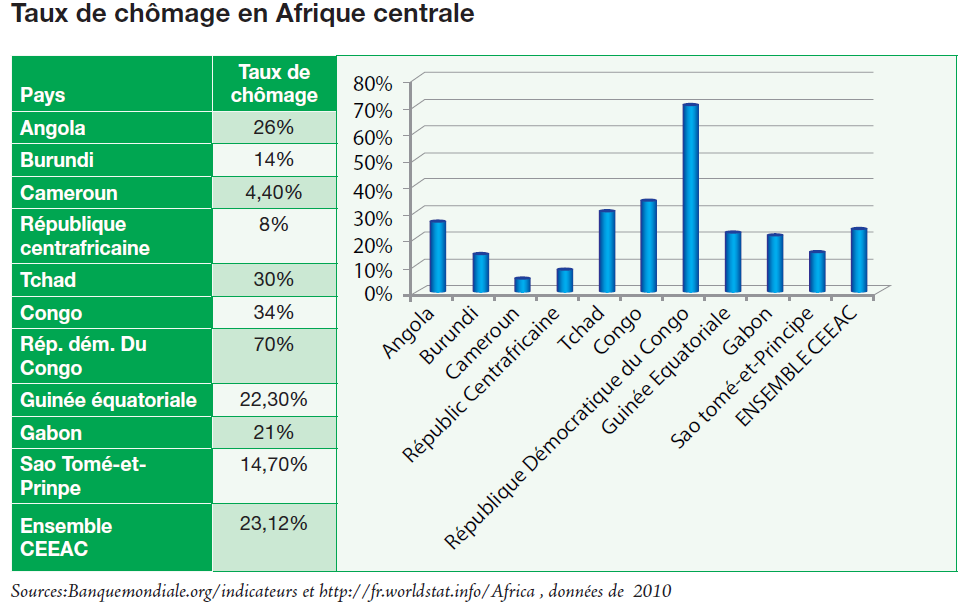Tourism for All: A Trip to Njikwa
Njikwa Council
Njikwa Council area corresponds to Njikwa Sub Division in Momo Division, North West Region. Like its sister councils in Momo, it lies astride the savannah of the Western Highlands and the forest belt of the South West of Cameroon. The main town, Njikwa, lies about 64km from Bamenda, some 40 km from Mbengwi, the divisional headquarters of Momo. Njikwa Council shares its boundaries with Menchum Division in the north, Mezam Division and Mbengwi Central Sub Division in the east, Widikum Sub Division in the West and Ngie Sub Division in the South. The surface area of the Sub Division is about 685 km², for a population of 16,634.
Njikwa Council area corresponds to Njikwa Sub Division in Momo Division, North West Region. Like its sister councils in Momo, it lies astride the savannah of the Western Highlands and the forest belt of the South West of Cameroon. The main town, Njikwa, lies about 64km from Bamenda, some 40 km from Mbengwi, the divisional headquarters of Momo. Njikwa Council shares its boundaries with Menchum Division in the north, Mezam Division and Mbengwi Central Sub Division in the east, Widikum Sub Division in the West and Ngie Sub Division in the South. The surface area of the Sub Division is about 685 km², for a population of 16,634.
Historically, Njikwa Council used to constitute part of the
defunct Momo Council Union that also included Mbengwi, Batibo, Ngie and
Widikum. Today, the council executive is led by Mayor Itambi Tagyen Andrew. The
council has 25 councillors
Peopling and Economic
Activities
Njikwa is made up of 09 villages: Oshie, Ngwo, in the South,
then Konda, Bassa, Bakwa, Ikweri, Banya, Ekwebo, and finally Bako in the
northern most limits of the Sub Division. All these people are believed to be
of the Widikum Tribe, but speak different languages. The migration balance here
clearly favours emigration as youths quit the enclave in search for greener
pastures or sensational urban life, and this is worsened by the difficult
access to electricity outside the main town of Njikwa, and an almost inexistent
road network.
The main activity is subsistence farming, and Njikwa is
famous for its cocoyams, in addition to goats and sheep which are evacuated to
Bamenda by middlemen and women known as “Buyam Sellams”. The hills are the
fiefs of Fulani herdsmen, thus making cattle one of the main products from
Njikwa, which accounts for a large percentage of the cattle sold in the Acha
Tugi Cattle Market.
By virtue of the fact that it is a transitional zone between
forest and savanna, the agricultural output is varied but there is a dominance
of root or tuber crops over seeds and grains. Therefore, staples here include
cocoyams, yams, cassava, bananas, plantains, corn, beans, groundnuts, etc. The
oil palm and the raffia palm are omnipresent in the landscape, and in addition
to cooking oil, yield the culturally irreplaceable nectar: palm wine, which is
a very popular drink in this part of the country.
However, in the words of the Mayor himself, addressing
Njikwa elites in Buea in 2014, the “difficult road network, non-electrification
of the entire municipality, youth boredom and unemployment, insufficient health
facilities, disenclavement of most villages with very rich agricultural
potentials just to site a few” all constitute challenges” which are motivating
the municipal executive.
What to see
Though getting to Njikwa is a feat in itself due to the impractical
road, any trip there will be incomplete without a visit to the Kagwene Gorilla
Sanctuary. According to an online article on sciencedaily.com, “The Kagwene Gorilla Sanctuary is a small
reserve—only 19.5 square kilometers in size—in a mountainous region of
Cameroon. Nevertheless, it contains a genetically important segment of the
entire Cross River gorilla population; it is estimated that the sanctuary
currently contains approximately 20 individual animals.While many populations
of gorillas are threatened by poachers, the gorillas of Kagwene have been
protected by the local belief that the apes are people and therefore cannot be
hunted or consumed.” It is a beacon, beckoning for nature lovers to visit
Njikwa.
.



Great work
ReplyDeletePlease have can I have images on the information below?
Abi waterfalls.
• The waterfall at Echibit village in Menka
• The Mbumben Nah rock at Ashong, Batibo, Cameroon.
• The waterfalls at Njin-anjeurh, (the Dedeem) down on the River Momo, some five kilometres from Widikum Town
• The Tambonchum Rock and Golge in Menka
• A shrine at Atong village in Menka
• The German-Manyu carving (sculpture) on a stone at Echibit